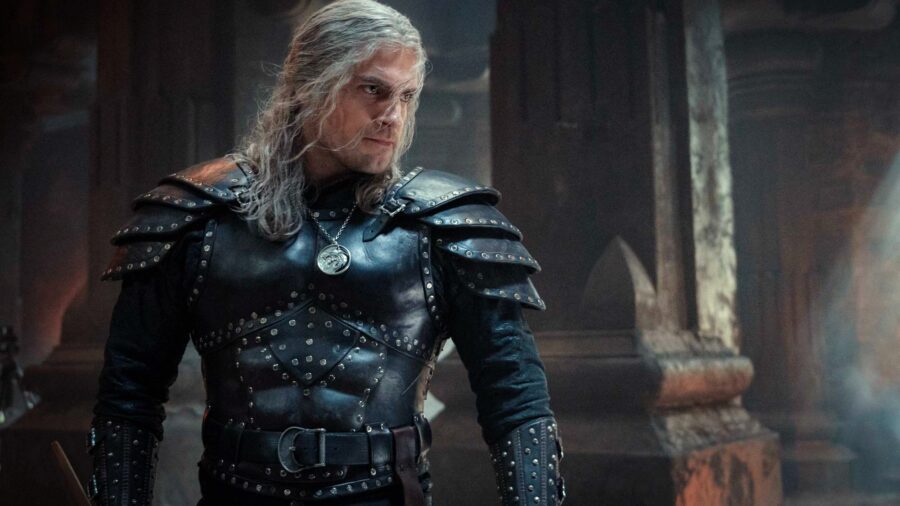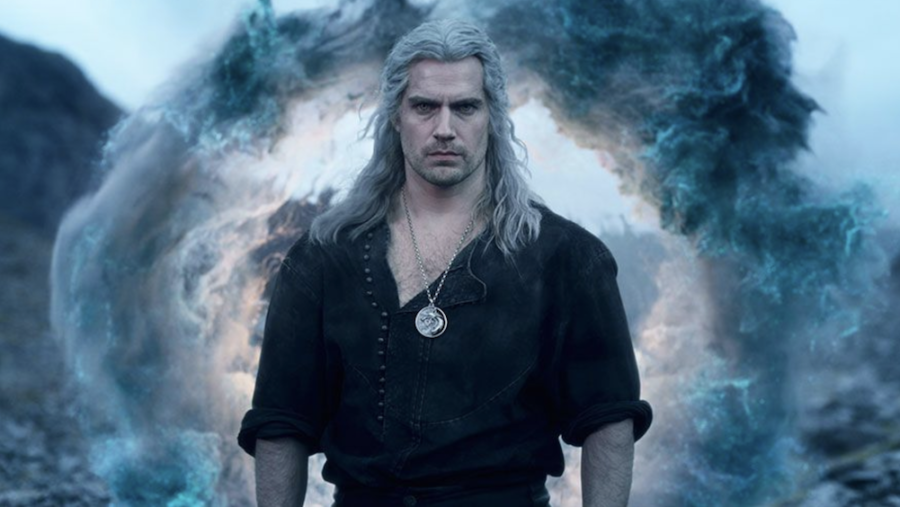Netflix’s The Witcher Season 3 Numbers A Disaster With Henry Cavill Leaving
The Witcher Season 3, Henry Cavill's last, has seen a reduction in viewership on Netflix.

The Witcher season 3 has seen a decrease in Netflix viewership compared to previous seasons. According to analytics company Samba TV, part two experienced a 33 percent drop in viewers compared to part one, with only 597k U.S households tuning in over the weekend. The premiere episode of the season was watched by 1.1 million people in the first five days.
While that was only a 15 percent decrease compared to the season two premiere, each subsequent episode of The Witcher season 3 dropped sharply in viewership. Still, Netflix reported that the first five episodes drew 15.2 million views in its first weekend on the platform, quickly catapulting it to number one on the streamer’s Top 10 TV list for that week, Deadline reports.
The Witcher Season 3 saw a 15 percent decrease in viewership from season 2
Although Samba’s data provides a relatively accurate depiction of The Witcher season 3’s performance during its initial days of availability, it doesn’t offer a comprehensive view of the entire viewership story. Samba TV’s analysis excludes mobile devices but relies on a substantial panel of three million terrestrial TVs, carefully weighted to match the U.S. Census data.
The decline in viewership for The Witcher season 3 can be attributed to several factors. The most obvious is the departure of Henry Cavill, whose portrayal of Geralt of Rivia added to the show’s appeal. Fans were taken aback by news of his exit, and even though the actor still appears in the third installment, the anticipation of his leaving has already led to a drop in viewership.

Moreover, the issues with The Witcher season two also played a role in the declining viewership of season 3. The second outing of the Netflix series faced criticism for its storytelling problems, such as uneven writing and confusing alternate timelines, causing some viewers to lose interest in the series before the third season aired.
The Witcher season 3 also suffers from inherent storytelling problems that have divided the audience’s opinions. While some viewers find it better than the first two seasons, others feel that it lacks exposition and relies too much on telling rather than showing, making it fall into the average category in terms of quality.
The decision to split The Witcher season 3 into two parts may have also negatively impacted its viewership
The decision to split The Witcher season 3 into two parts may have also negatively impacted its viewership. Some fans prefer to wait until both parts are released to binge-watch the entire season, leading to lower initial viewership numbers. Another significant concern is the show’s deviation from its source material.
While adaptations can sometimes be appreciated for staying true to the original, The Witcher has often taken liberties with the source material, which has generated mixed reactions from fans and critics. Netflix’s recent clampdown on password sharing could have had an indirect effect on The Witcher season 3.
The move received criticism and backlash from audiences, which might have influenced their overall perception of the streaming service and affected their decision to watch the show. Finally, the decision to release The Witcher season 3 during the U.S. summer might not have aligned well with the show’s dark and atmospheric tone, which is better suited for a winter release.












